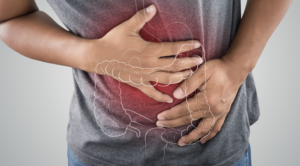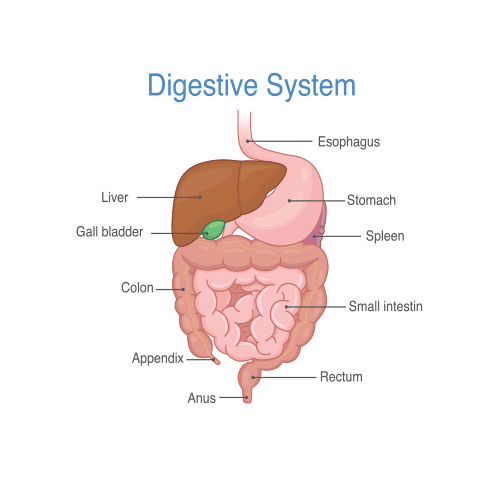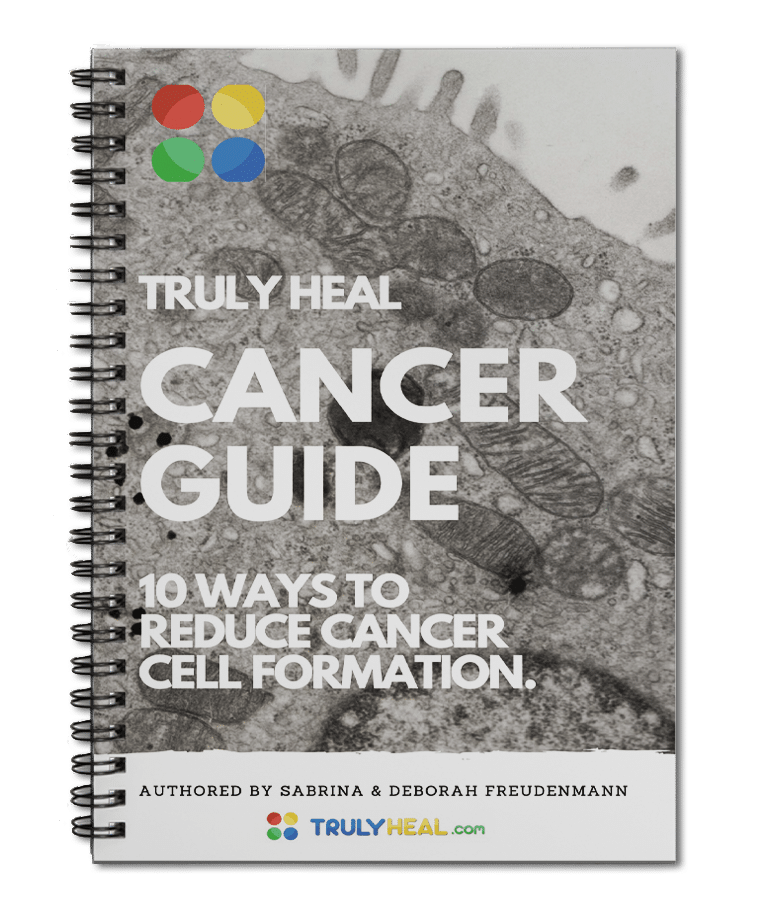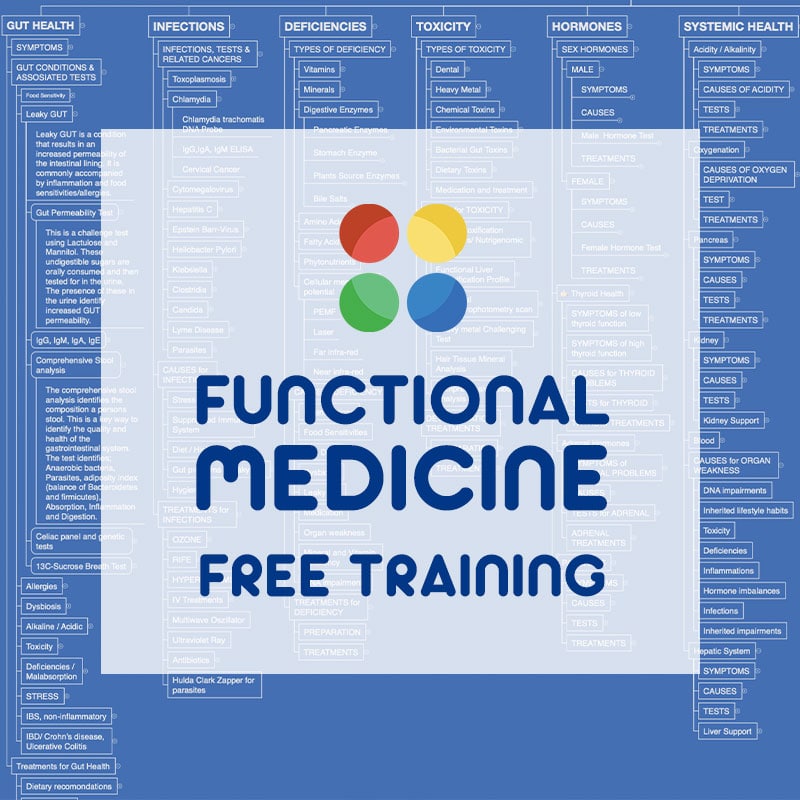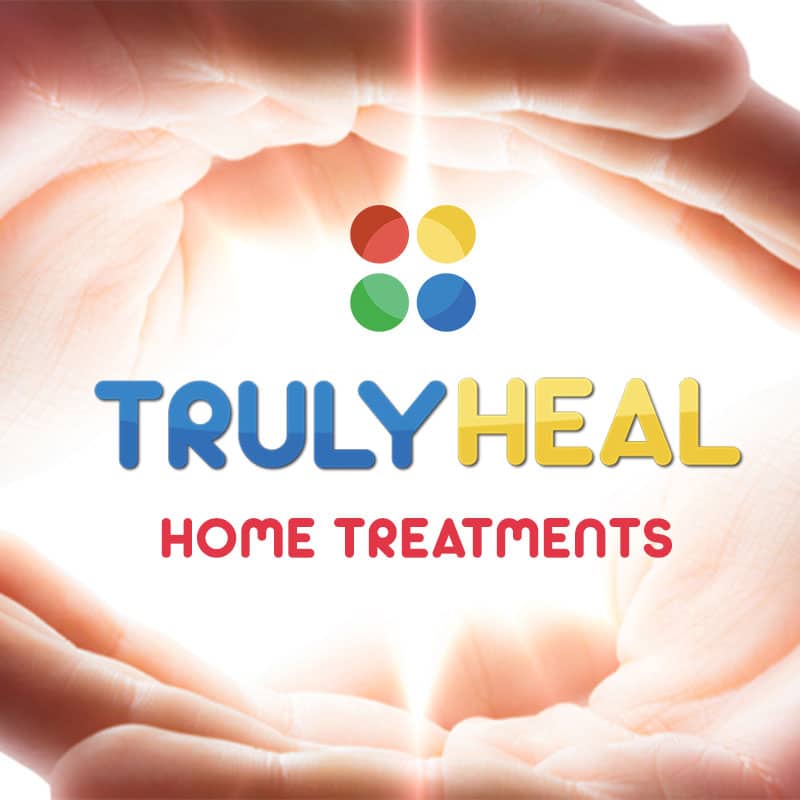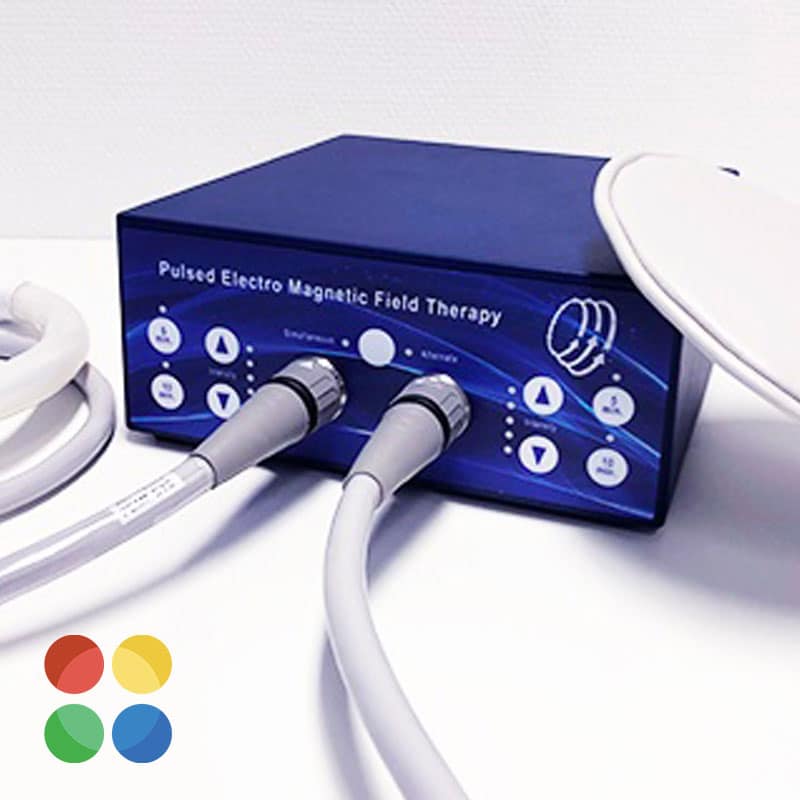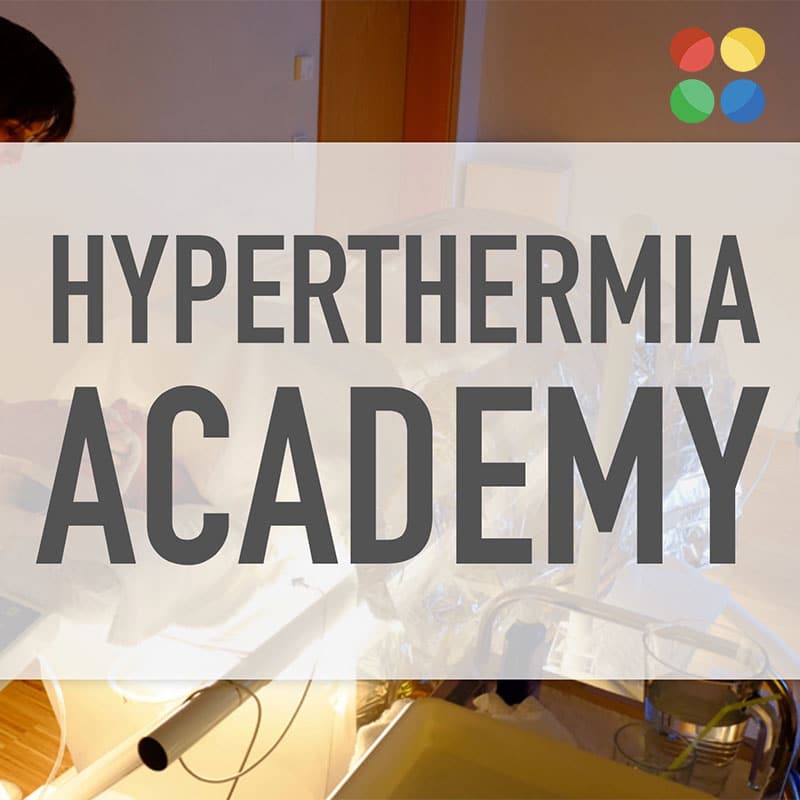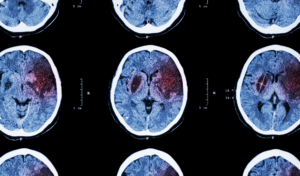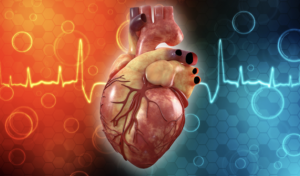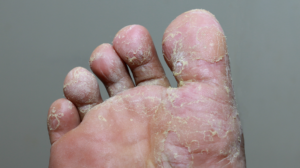Benedict Freudenmann
Benedict Freudenmann is a Clinical Nutritionist, whose passion for health and knowledge makes him an inspiring practitioner.
Benedict’s education in the world of Natural Medicine began in 2006 when he traveled the world alongside his parents, filming the documentary ‘Cancer is Curable Now’ (now known as ‘Truly Heal from Cancer’). Despite completing a Degree in Journalism, Benedict realized that his true passion lay in nutrition & alternative medicine.
Benedict completed a Bachelor of Health Science majoring in Nutritional Medicine. Since that time, Benedict has co-authored the ‘Truly Heal’ functional medicine workbook and online health coaching program, worked in a variety of health related roles and co-founded the Truly Heal Functional Medicine Practitioner Application.
In 2015, Benedict worked as a Clinical Nutritionist at the Arcadia Praxis, a world leading alternative cancer clinic based in Bad Emstal Germany. Working closely with the team of doctors at Arcadia, Benedict found his strength in supporting and helping chronic disease patients on their healing journey.
Benedicts, methodology to treatment is fundamentally based around; understanding, finding and resolving the underlying causation of chronic diseases. His systematic and analytical case taking approach, combined with targeted functional testing, enables him to treat effectively and precisely, whilst empowering his clients to Truly Heal.
To resolve the underlying causes of disease Benedict investigates 5 major factors affecting health: Toxicity, Infection, Inflammation, Acidity, Deficiencies and Psychological. Benedict’s treatments incorporate dietary/lifestyle interventions as well as research based supplementation and alternative therapies.
